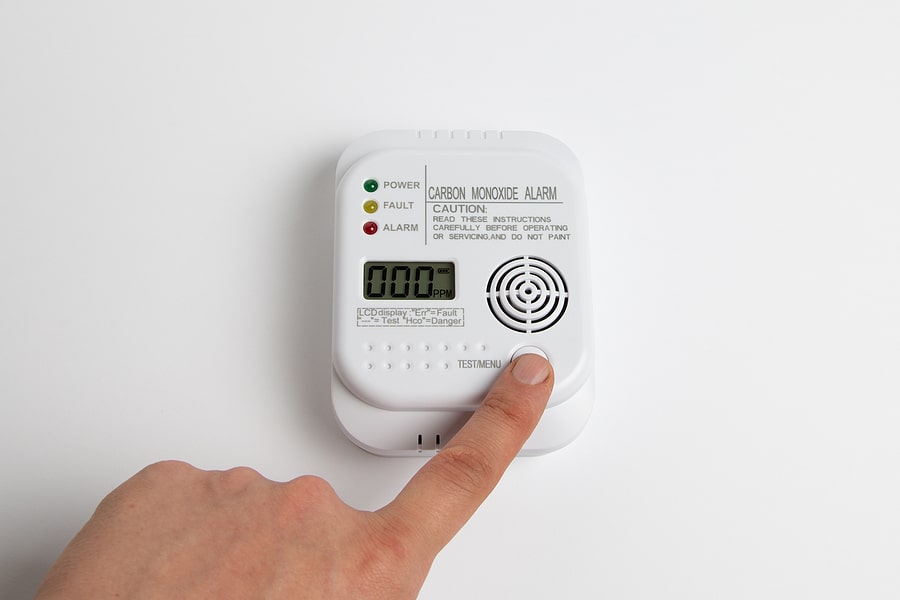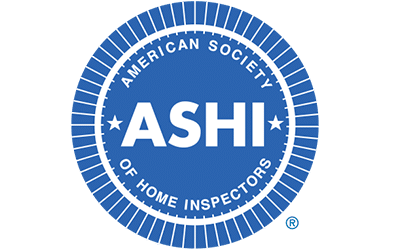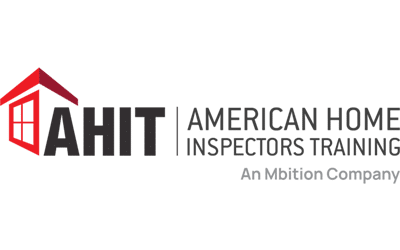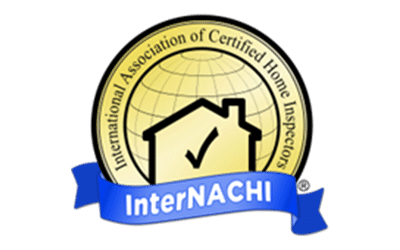4 FAQs about Carbon Monoxide Detectors
Protecting your family from potential dangers within your home is a top priority. With a professional home inspection from Residential Inspector of America, you can prepare for these possible dangers. However, some can creep into your home well after we’re gone. Carbon monoxide is one such danger, and if you don’t have working detectors, your family is at risk. So, we’re here to answer four common questions about these alarm systems, and share why they’re important.

1. Where should I put a carbon monoxide detector?
The most important place for you to put these detectors is outside the sleeping areas in your home. Usually, this means in the hallways between bedrooms. If you have a multi-story home, then make sure you have one detector on each level. With today’s technology, you can also purchase a fire and carbon monoxide combination alarm to help keep your family safe.2. What does a carbon monoxide alarm sound like?
When your alarm detects carbon monoxide in the home, it will sound like a siren. If you hear it go off, you should get everyone outside immediately for fresh air, and call for help. However, if your alarm is giving off an annoying chirp or beep, you should take that as a warning that the alarm isn’t working properly, or the batteries need to be changed.3. How long does a carbon monoxide detector last?
The typical lifespan for a carbon monoxide alarm is about seven years. During your initial home inspection, your home inspector will make sure the detector is not expired and will make a note if it is. This is one thing in your home you don’t want to wait to replace, so if you’re buying a home with an aging detector, it’s always best to get a new one before moving in.4. What rooms should I avoid putting an alarm in?
You should not install your alarms in the garage, near the kitchen, or anywhere the air gets dusty, humid, or greasy. You should also avoid any direct sunlight or rooms that experience extreme fluctuations in temperature. These rooms usually include unfinished basements, crawlspaces, and attics.Are you ready for your home inspection?
If you’re in the early stages of the home-buying process, then you’ll need a reliable and professional home inspector in your back pocket. That’s what you’ll get when you hire the team at Residential Inspector of America. Homeowners throughout Fulton County, GA have relied on our services for years. They even come to use for sewer line inspections, radon testing, and mold testing. So, schedule your appointment today by calling (770) 476-4963.




